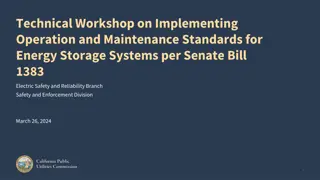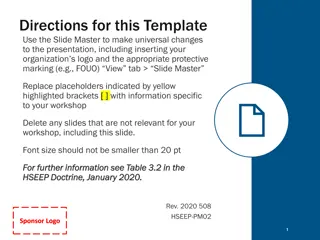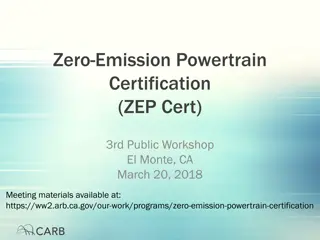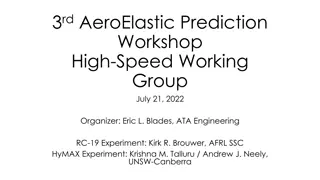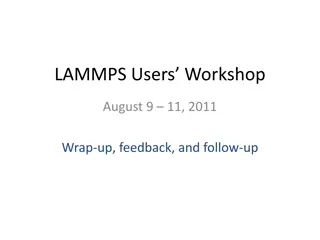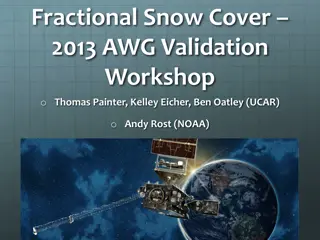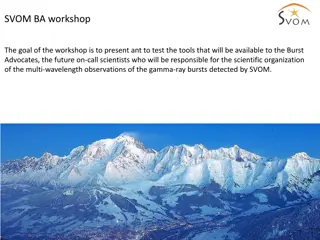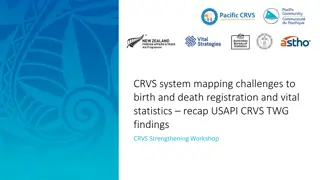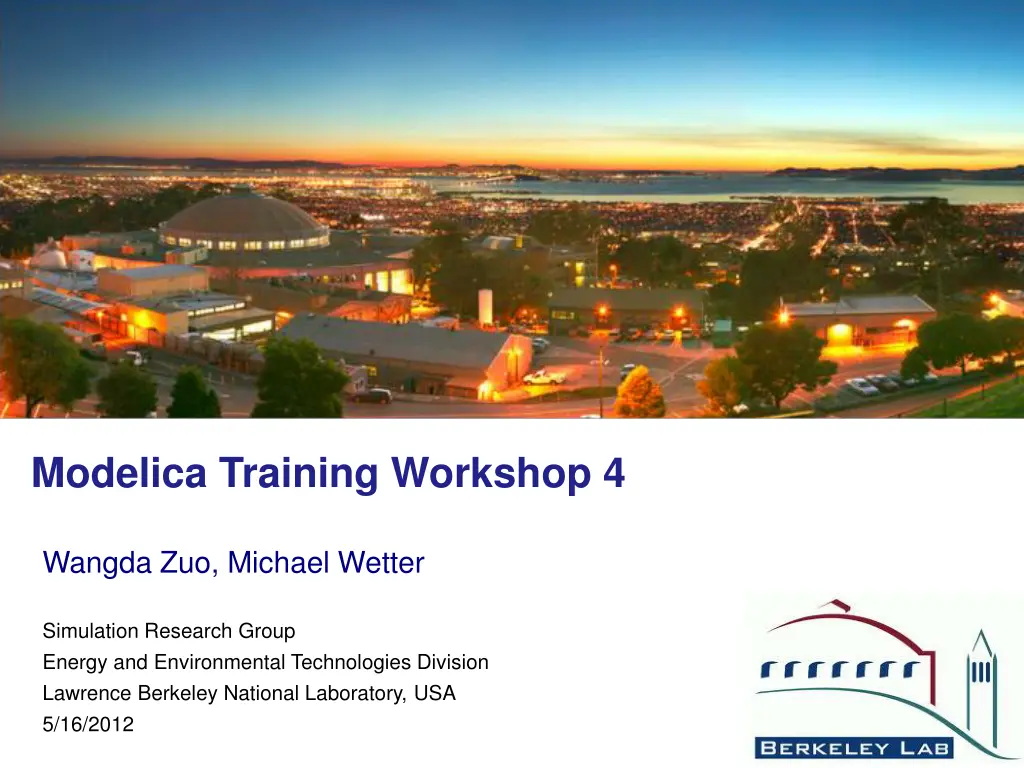
Modelica Training Workshop 4: Equations, Algorithms, Functions & Best Practices
Join the Modelica Training Workshop 4 by Wangda Zuo & Michael Wetter to learn about equations, algorithms, functions, and best practices for building large system models. Explore examples, exercises, and key insights presented during the workshop. Enhance your understanding of Modelica simulation and system modeling techniques.
Uploaded on | 1 Views
Download Presentation

Please find below an Image/Link to download the presentation.
The content on the website is provided AS IS for your information and personal use only. It may not be sold, licensed, or shared on other websites without obtaining consent from the author. If you encounter any issues during the download, it is possible that the publisher has removed the file from their server.
You are allowed to download the files provided on this website for personal or commercial use, subject to the condition that they are used lawfully. All files are the property of their respective owners.
The content on the website is provided AS IS for your information and personal use only. It may not be sold, licensed, or shared on other websites without obtaining consent from the author.
E N D
Presentation Transcript
Modelica Training Workshop 4 Wangda Zuo, Michael Wetter Simulation Research Group Energy and Environmental Technologies Division Lawrence Berkeley National Laboratory, USA 5/16/2012
Outline Part 1: Equations, Algorithms and Functions Part 2: Best Practice 2.1 Organization of packages (discussed in Workshop 3) 2.2 Build Large System Models 2.3 Propagating Parameters and Media Packages Workshop Website: https://simulationresearch.lbl.gov/modelica/WorkShops/2012-05-07-lbnl Join the Google Group https://groups.google.com/group/modelica-buildings 2
Exercise 1 Calculate the following equation system using equation x = y x = 1 3
Exercise 1 Calculate the following equation system using equation x = y x = 1 x(0) = 1 4
Exercise 1 Calculate the following equation system using equation x = y x = 1 x(0) = 1 y = 2 Error: model is not well-posted. 5
Exercise 1 Calculate the following equation system using equation x = y x = 1 x(0) = 1 y (0) = 2 Error: Initial equations over-specified! 6
Exercise 2 Calculate the following equation system using algorithm x = y x = 1 Equation Algorithm 7
Exercise 2 Calculate the following equation system using equation x = y x = 1 x(0) = 1 Equation Algorithm 8
Exercise 3 Calculate the following equation system using model with functions x = 1 y = f(x) f(x) = x x(0) = 1 9
Part 2: Buildings Library 2. Best Practice (Continued) 2.2 Build Large System Models 2.3 Propagating Parameters and Media Packages 10
2.2 Build Large System Models How to solve not well-posted or over-specified problem when building a large complex system 1. Split the large system into small independent components 2. Test the small component with well controlled conditions. Example: Buildings.Examples.ChillerPlant.BaseClasses.Controls.Examples - KMinusU Calculated with equations - RequestCounter Uses algorithm Commands->Simulate and plot 11
2.3 Propagating Parameters and Media Packages Always define the value of common parameter at the top level of the model Bad Practice Good Practice 12
2.3 Propagating Parameters and Media Packages Always define the value of common media package at the top level of the model Top System Model Sub-system Model that uses Sensor model Sensor Model 13
2.3 Propagating Parameters and Media Packages Common parameters: Nominal flow rate for air loop, chilled water loop and condenser water loop Common media packages: Air, Chilled water, Condenser water Chiller plant with water-size economizer 14
2.3 Propagating Parameters and Media Packages Find where these parameters and Medium packages are used: Nominal Flow Conditions: air loop: mAir_flow_nominal chilled water loop: mCHW_flow_nominal condenser water loop: mCW_flow_nominal Common media packages: Air: MediumAir Chilled water: MediumCHW Condenser water: MediumCW 15
2.3 Propagating Parameters and Media Packages Find the path of propagating (e.g. Heat Exchanger): 1. System model m1_flow_nominal=mCW_flow_nominal, 2. Buildings.Fluid.HeatExchangers.ConstantEffectiveness m1_flow_nominal 3. Buildings.Fluid.HeatExchangers.BaseClasses.PartialEffectiveness m1_flow_nominal 4. Buildings.Fluid.Interfaces.StaticFourPortHeatMassExchanger 5. Buildings.Fluid.Interfaces.PartialFourPortInterface 16


